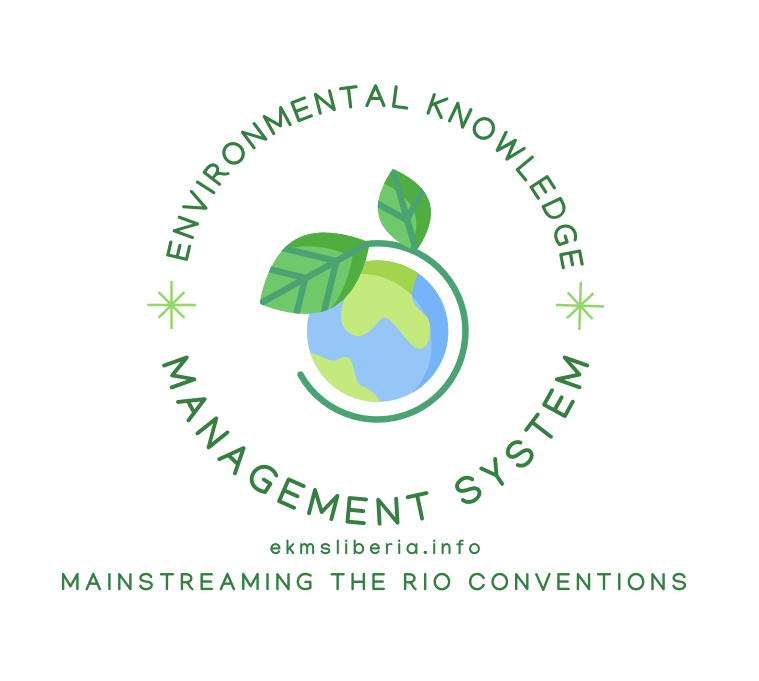Laboratory research conducted by the Environmental Protection Agency (EPA) on eight water companies has found out that seven of the eight are producing unsafe drinking water for sale to the public and therefore ordered them to shut down until they meet the zero standards of bacteria-free water.
Out of the eight companies, Sunny Aqua, located along the GSA Road, was free of the two categories of pollution tested for, while the rest, including Horoya Pure Mineral Water, WAHCO Purified Mineral Water, Flourish Mineral Water, Romekah Mineral Water, Mekki’s Pure Mineral Water, and Ducor Safe were found with bacteria either associated with feces or others from different sources.
The EPA testing considered the ‘Faecal Coliforms’ and ‘Total Bacteria’ in the research. Faecal Coliform is concerned with pollution caused as a result of having a water facility near a septic tank, about five feet away; while Total Bacteria, as identified in the research, come from different sources with having a water facility near a mangrove swamp inclusive.
Randall M. Dobayou, acting Executive Director of the EPA, addressing representatives of water companies at the agency’s office on Friday, June 19, indicated that the initiative to do a random sampling of water in Monrovia and its environs came because Liberia is in a global village affected by the Coronavirus affecting other countries.
“This is important because if a person with the virus has other diseases like diarrhea, the strength of the virus will trigger; for the virus becomes more active in victims with other underlying health problems,” said Dobayou.
Dobayou added, “Even besides Coronavirus, we think Liberians deserve safe drinking water.”
Regarding companies found to be trading polluted water to the public, the acting EPA Executive Director said “Dirty water is proportionate to a dirty environment. If water is produced and has bacteria, it means the environment is not clean.”
Also making a PowerPoint presentation of the findings, Rafael Sarji Ngumbu, Supervisor for Environmental Research and Standards Laboratory, noted that the first eight companies on whose product tests were conducted on are among 700 to 900 water companies around the country producing sachet for sale to the public, “but the impression on brands indicating ‘Pure Mineral Water’ is just deceptive because if all companies are tested, only a very few companies will be freed of water pollution,” Ngumbu said.
According to Ngumbu, the test was done placing water gotten from a sachet of a company in a testing kit of zero bacteria and the result was compared with another kit without a sample of water, and water sample kit and the zero sample kit will be compared to determine the level of bacteria in the water.
Ngumbu further explained Total Bacteria Coliform has sources from the exact area where the water is produced; noting that higher water level near a mangrove swamp facilitates bacteria entering the water while human contact is also a factor.
Representatives of water companies nabbed by the research findings also argued that handing the water over to sellers and then to the end-users could play a part in pollution.
Yvonne Boyd, president of the association of water producers in Monrovia, said some sources of water can be polluted by public defecation. According to her, residents near the St. Paul River bank defecate in the river that some companies used as a source. She then appealed to the EPA to turn away from the street sampling collection to go to the water facility to collect the fresh samples so that both parties will have confidence in the results.
Others also argued that shutting down the seven companies would deny the government of tax and more people will lose their jobs.
Ngumbu defended the action of EPA to collect samples from the street by stating that if companies were informed, they would have prepared ahead of time to cover their shortcomings. Also, EPA acting Executive Director Randall Dobayou said many individuals will rely on tax payment and job provision to do the wrong thing to strangulate the government from taking actions against wrongs, but for the EPA, it will work in line with its statutory responsibility having to do with working to save the environment for all.
Production of sachet water began in Monrovia right after the civil war ended. It came at the time the Liberia Water & Sewer Corporation (LWSC) lacked the capacity to supply pipe-borne water to the population as equipment was damaged and pipes had rusted away.
There was a high demand for safe drinking water as residents in Monrovia filtered salty water from the sea and rivers to use. This, therefore, made mineral water production a lucrative business that many people have engaged in today. It has also given rise to the production of plastic sachets that people drop all over the streets and in drainages after drinking water from them, thus making the environment filthy and threatening the depletion of soil fertility.






